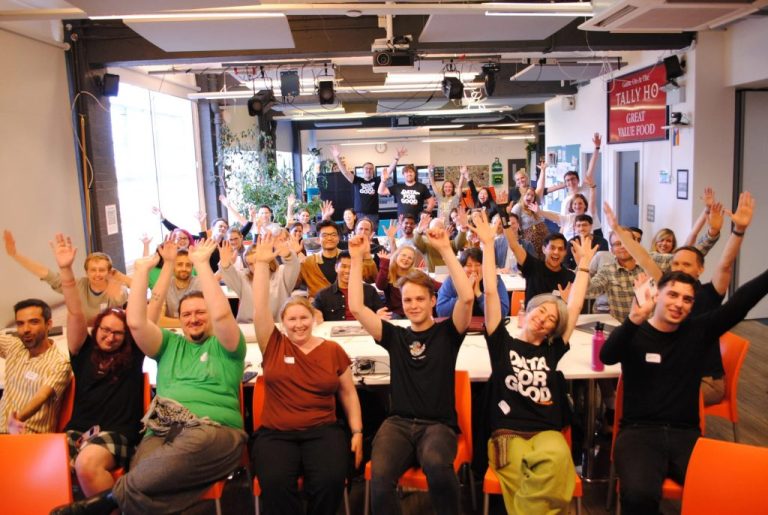Meta Unveils Ambitious $15 Billion Plan to Develop Cutting-Edge Superintelligence Technology
Meta is set to announce a substantial $15 billion (£11 billion) investment aimed at achieving computerized “superintelligence,” according to various reports. As the competition in Silicon Valley intensifies, the race to lead in the field of artificial intelligence (AI) accelerates, despite many existing AI systems showing inconsistent performance.
Mark Zuckerberg, Meta’s CEO, is anticipated to declare the company’s decision to acquire a 49% ownership stake in Scale AI, a startup founded by Alexandr Wang and co-founded by Lucy Guo. This strategic move has been characterized by some analysts as indicative of a “wartime CEO” mentality.
Superintelligence refers to AI that can outperform humans in all tasks. Currently, existing AI technologies have yet to achieve this level, a state known as artificial general intelligence (AGI). Research has revealed that many prominent AI systems struggle with highly complex problems.
By aiming for superintelligence, Meta seems determined to reclaim its leadership position in AI, especially after notable progress made by competitors like Sam Altman’s OpenAI and Google, alongside Meta’s considerable but unsuccessful investment in the Metaverse.
In March, Wang, who is 28, finalized a deal to develop a system for the U.S. Department of Defense called ThunderForge, aimed at integrating AI into military planning and operations, particularly in the Indo-Pacific and European regions. His firm has also received early-stage funding from Peter Thiel’s Founders Fund.
Meta’s initiative has sparked renewed calls for European governments to enhance transparency in AI research, ensuring the technology is developed ethically and fosters public trust—similar to the CERN model in Switzerland for nuclear research.
Michael Wooldridge, a professor specializing in the foundations of artificial intelligence at the University of Oxford, remarked on the necessity for a collaborative effort in AI development among governments, emphasizing its importance comparable to that of CERN and particle physics. He noted that the reported acquisition appears to be a strategic move for Meta to recover momentum following a lackluster response to their investments in the Metaverse.
Wooldridge pointed out that while AI can accomplish impressive feats, it often falters on simpler tasks that a typical GCSE student would handle without issues. Dr. Andrew Rogoyski, director of partnerships and innovation at the Institute for People-Centred AI at Surrey University, mentioned that this acquisition reflects the ongoing trend of AI companies acquiring talented individuals from various sources, whether through purchasing startups or sourcing talent from university departments.
Rogoyski highlighted that Meta’s perspective on AI differs from firms like OpenAI and Anthropic, viewing it more as a tool to support its business rather than its primary objective. This approach allows Meta to adopt a longer-term strategy regarding the pursuit of AGI.
Reports also indicate that Wang is expected to assume a prominent role within Meta. Meta has chosen not to comment on these developments, and Scale AI has been approached for its input.







